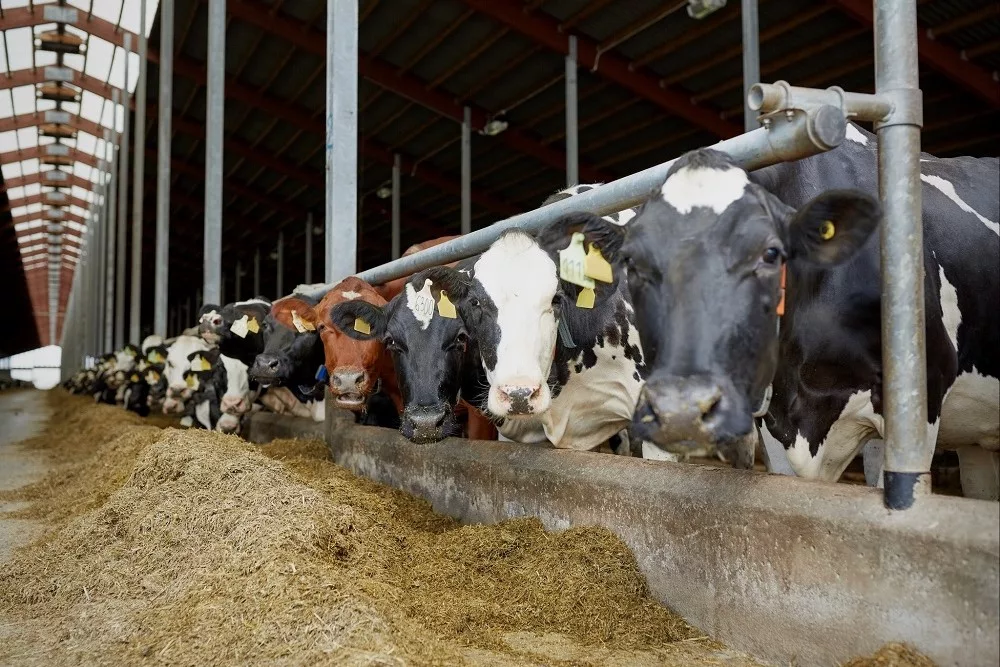
Your browser doesn’t support HTML5 audio
The USDA this week is now requiring that dairy cattle be tested for bird flu before they can be moved beyond state lines. That’s an effort to stop the spread of the virus. Even though trace amounts of the virus have been found in our milk supply, the USDA and FDA say milk remains safe for you and your family to drink.
Health officials site two reasons for the safety of the milk that is on the shelves: the pasteurization process and the diversion or destruction of milk from sick cows.
“Just to be clear about this, it’s not surprising that the virus could be found in a pasteurized sample. The question is whether or not the virus is live in that sample,” explained USDA Secretary Tom Vilsack during a call with agriculture media. “You can find particles of the virus after pasteurization, because pasteurization is not sterilization. It doesn’t necessarily remove every evidence of a virus. But what it does is, it kills the capacity of the virus to infect and that’s what you’re concerned about.”
While pasteurization inactivates the virus, it does not eliminate the presence of viral particles. That’s why testing discovered the inactive trace amounts. Secretary Vilsack said the primary concern is if there is a live virus in the milk.
“The pasteurization samples that have been done up to this point on milk that has contained virus has resulted in the virus not being alive,” he confirmed.
Bernt Nelson with the American Farm Bureau Federation agreed on the safety of the U.S. milk supply.
“Number one, their milk is safe to drink. Sick cows are pulled out of the herd, so their milk is not allowed to enter the supply chain. Further, pasteurization kills both bacteria and viruses. This includes high-path avian influenza, so their milk is safe to drink,” he said.
Vilsack said it is possible that the milk that has made it through to packaging was from asymptomatic cows that were not treated as having the illness.
During the course of the outbreak, the FDA has been evaluating milk from affected animals, in the processing system, and on the shelves. To date, it has found nothing that would change its assessment that the commercial milk supply is safe. FDA says results from multiple studies will be made available in the next few days to weeks.
